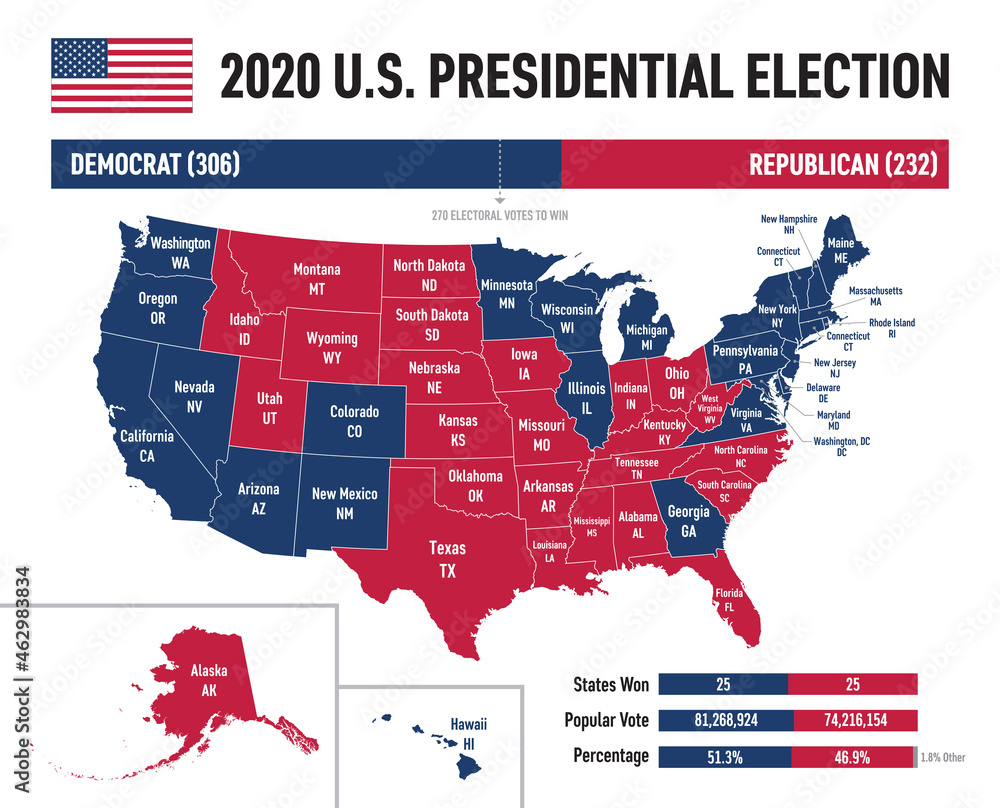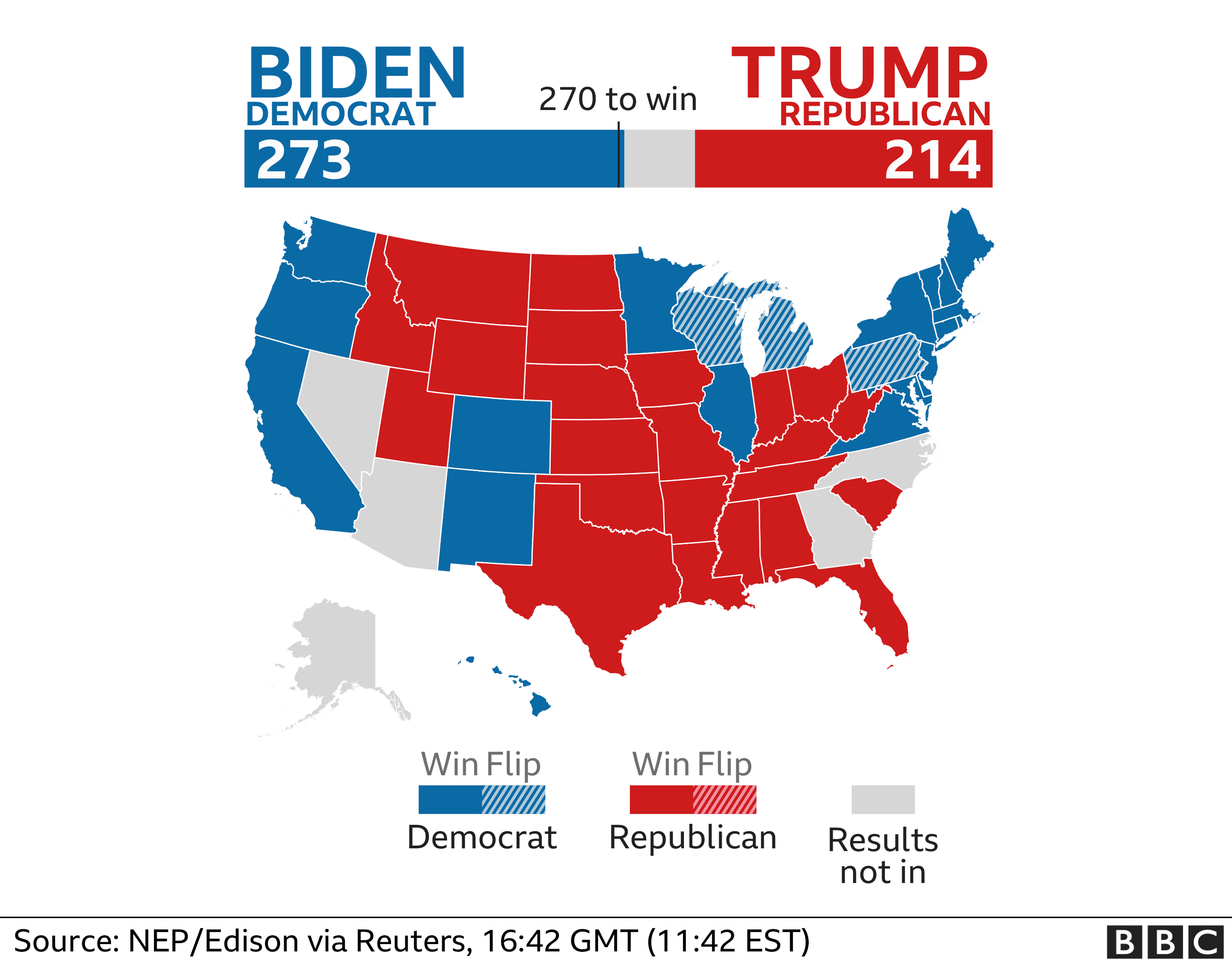Election Results Overview

The recent elections witnessed a significant shift in the political landscape, with voter turnout reaching record highs. The key races were closely contested, resulting in a mixed bag of outcomes.
Voter Turnout and Trends
Voter turnout was exceptionally high in this election, surpassing previous records. This surge in participation can be attributed to a number of factors, including heightened public interest in the political process, the importance of the races at stake, and effective voter mobilization efforts. The election results also revealed some significant trends, such as a growing emphasis on social justice issues and a desire for change among voters.
Key Races and Outcomes
The election featured several key races that captured national attention. In the presidential race, the incumbent candidate faced a strong challenge from the opposition, ultimately securing a narrow victory. The outcome of this race has significant implications for the future direction of the country. Several key Senate and House races also yielded surprising results, with some unexpected upsets and shifts in party control.
Political Landscape and Implications
The election results have significantly altered the political landscape, creating a new dynamic within the government. The outcome of the key races will shape policy decisions and legislative priorities in the coming years. The election also highlighted the growing polarization of the electorate and the importance of addressing critical issues such as economic inequality, climate change, and healthcare.
Analysis of Key Races

The recent election saw several closely watched races that had significant implications for the political landscape. These races were characterized by intense campaigning, high voter turnout, and a focus on key issues that resonated with the electorate.
Factors Contributing to Outcomes
The outcomes of these races were influenced by a complex interplay of factors, including the candidates’ platforms, their campaign strategies, and the prevailing political climate.
- Candidate Platforms: The candidates’ positions on key issues such as the economy, healthcare, and social justice played a significant role in shaping voter preferences. For instance, in the race for governor, the winning candidate’s focus on economic development and job creation resonated with voters in a region facing high unemployment.
- Campaign Strategies: The candidates’ campaign strategies, including their use of media, their ground game, and their ability to connect with voters, also had a significant impact on the election results. In the race for the US Senate, the winning candidate’s effective use of social media and targeted advertising helped to reach a broader audience.
- Political Climate: The prevailing political climate, including the national mood, the level of voter enthusiasm, and the presence of any major events or scandals, also influenced the election results. In the race for mayor, the winning candidate benefited from a favorable political climate that saw increased voter turnout and a strong sense of civic engagement.
Comparing and Contrasting Campaigns, Election results
The campaigns of the winning and losing candidates often differed significantly in their approach, messaging, and strategies.
- Messaging: The winning candidate’s message often focused on themes of hope, unity, and progress, while the losing candidate’s message may have been more divisive or focused on fear and uncertainty.
- Strategies: The winning candidate’s campaign may have been more effective in mobilizing voters, building coalitions, and connecting with voters on a personal level. The losing candidate’s campaign may have struggled to overcome internal divisions or to adapt to the changing political landscape.
Potential Impact of Election Results
The results of the election are likely to have a significant impact on the political landscape, both in the short term and in the long term.
- Short-Term Impact: The election results could lead to changes in policy, legislation, and the balance of power in government. For example, the election of a new governor could result in changes to state budget priorities, environmental regulations, or education policy.
- Long-Term Impact: The election results could also have a long-term impact on the political landscape, shaping the national discourse, influencing future elections, and potentially leading to shifts in political alignments. For instance, the election of a new president could lead to a realignment of political parties or a shift in the public’s perception of certain issues.
Impact and Implications: Election Results

The outcome of the election will have significant and far-reaching consequences across various sectors, shaping the future trajectory of the nation. It is essential to analyze the potential impact of the election results on the economy, foreign policy, and social issues. Furthermore, understanding the potential for policy changes and legislative action, as well as the long-term implications for the political system and the country as a whole, is crucial for informed decision-making.
Economic Impact
The election results will likely have a significant impact on the economy, particularly in terms of fiscal policy, trade, and regulation.
- For example, if the winning party advocates for increased government spending on infrastructure projects, it could lead to economic growth and job creation. Conversely, a focus on tax cuts for businesses could stimulate investment and economic activity, but may also lead to increased budget deficits.
- Trade policies, such as tariffs or free trade agreements, can significantly impact businesses and consumers. The election results could influence the direction of trade policy, potentially leading to changes in trade agreements or the imposition of new tariffs.
- Regulatory changes can also have a major impact on businesses and industries. The election results could influence the regulatory environment, potentially leading to changes in environmental regulations, financial regulations, or labor laws.
Foreign Policy Implications
The election results will also have implications for the country’s foreign policy, particularly in terms of its relationships with other nations and its stance on global issues.
- For example, a change in administration could lead to a shift in foreign policy priorities, such as a greater focus on national security or a more multilateral approach to international relations.
- The election results could also influence the country’s position on issues such as climate change, nuclear proliferation, or human rights.
- Furthermore, the election results could impact the country’s involvement in international organizations, such as the United Nations or the World Trade Organization.
Social Issues and Policy Changes
The election results could have a significant impact on social issues, leading to potential changes in policy and legislation.
- For example, the election results could influence the debate on healthcare reform, immigration policy, or gun control.
- The winning party’s platform on social issues will likely shape the legislative agenda, potentially leading to new laws or the repeal of existing ones.
- The election results could also have an impact on the Supreme Court, as the president has the power to appoint new justices, potentially shifting the balance of the court on key social issues.
Long-Term Implications for the Political System
The election results could have long-term implications for the political system, potentially leading to changes in the way elections are conducted, the balance of power between different branches of government, or the role of political parties.
- For example, the election results could influence the debate on campaign finance reform, voter ID laws, or gerrymandering.
- The election results could also impact the level of polarization in the country, potentially leading to increased gridlock or a more divided political landscape.
- The election results could also have an impact on the legitimacy of the government, particularly if there are concerns about voter fraud or election interference.
Election results can provide valuable insights into the electorate’s preferences and the factors influencing their choices. Ilhan Omar exit polls , for example, offer a glimpse into the voter sentiment surrounding her re-election campaign, revealing key demographics and issues that resonated with voters.
Analyzing such data can help understand broader trends in political participation and the dynamics of specific races.
Election results can be unpredictable, but some resources offer valuable insights into potential outcomes. One such resource is fivethirtyeight , which uses data-driven analysis to provide forecasts and probabilities for various political events. By examining these forecasts, voters can gain a better understanding of the potential landscape of an election and make informed decisions.